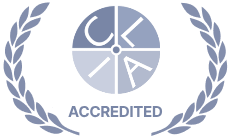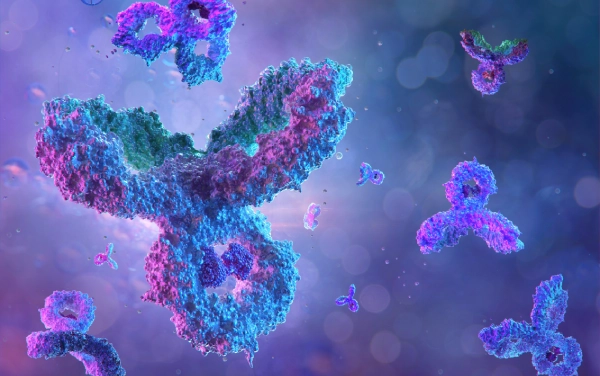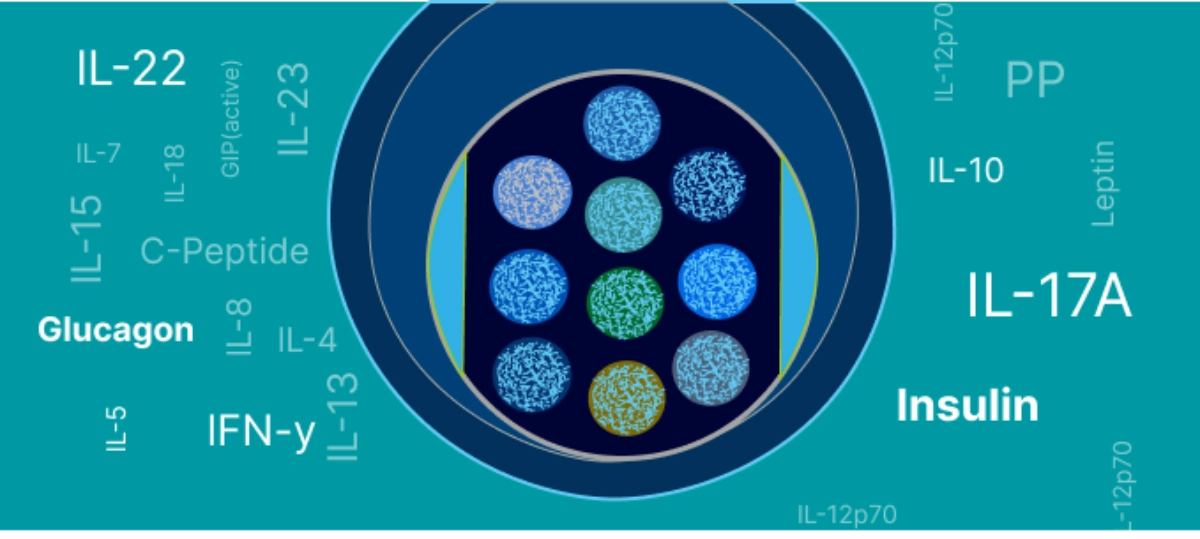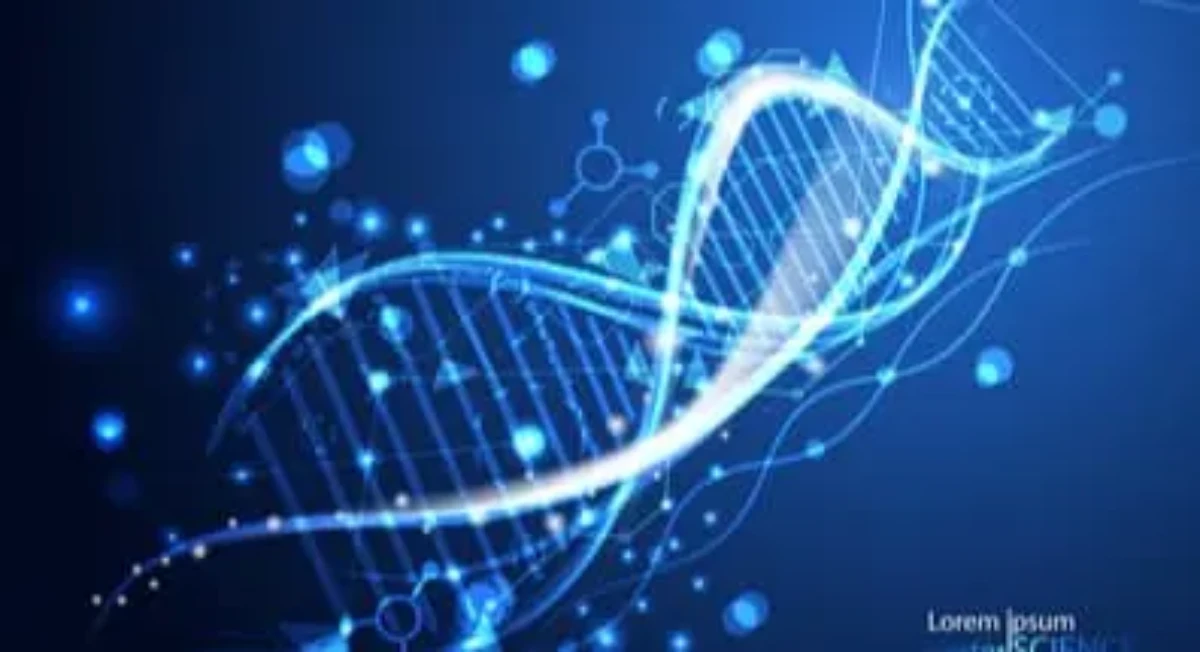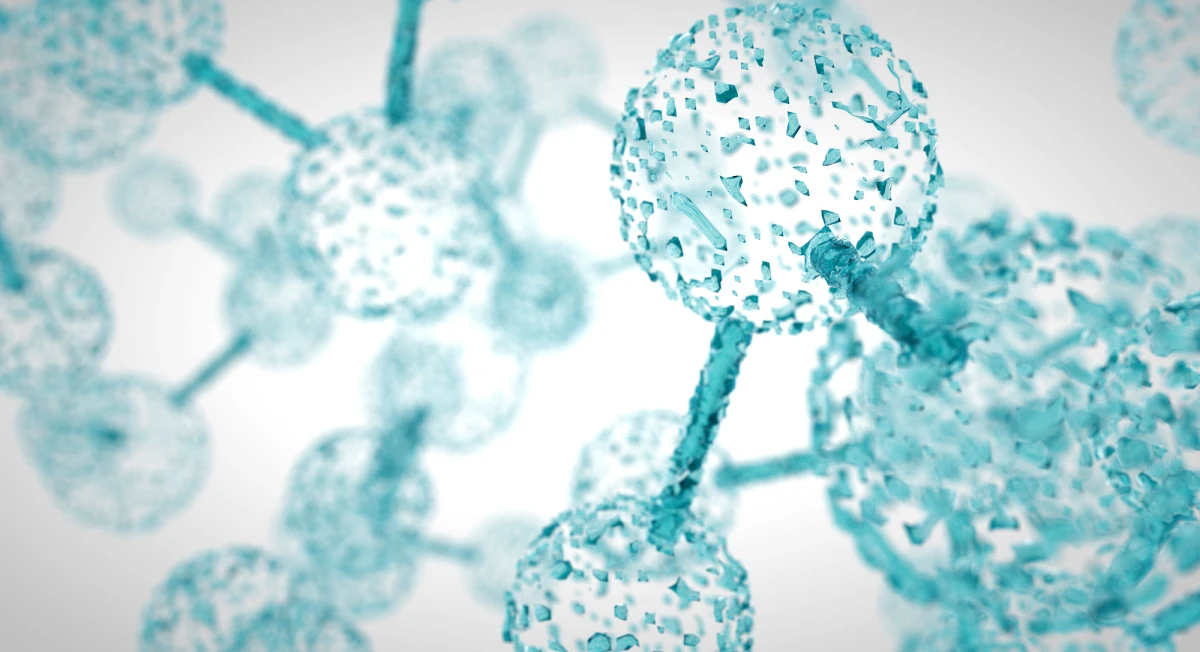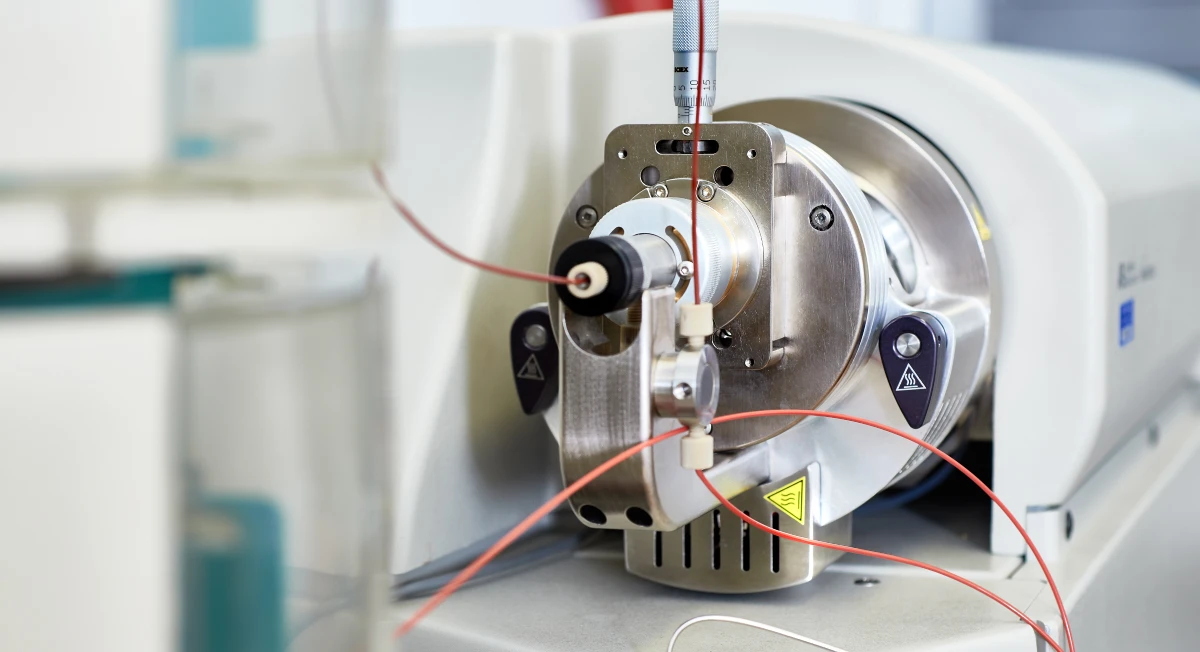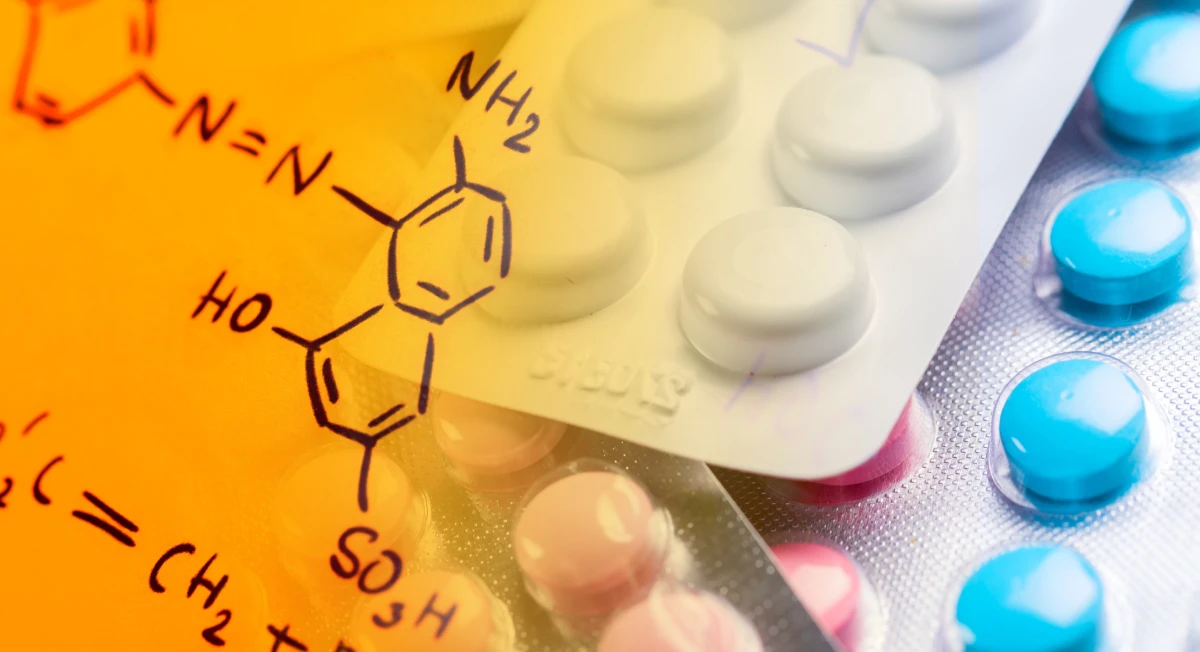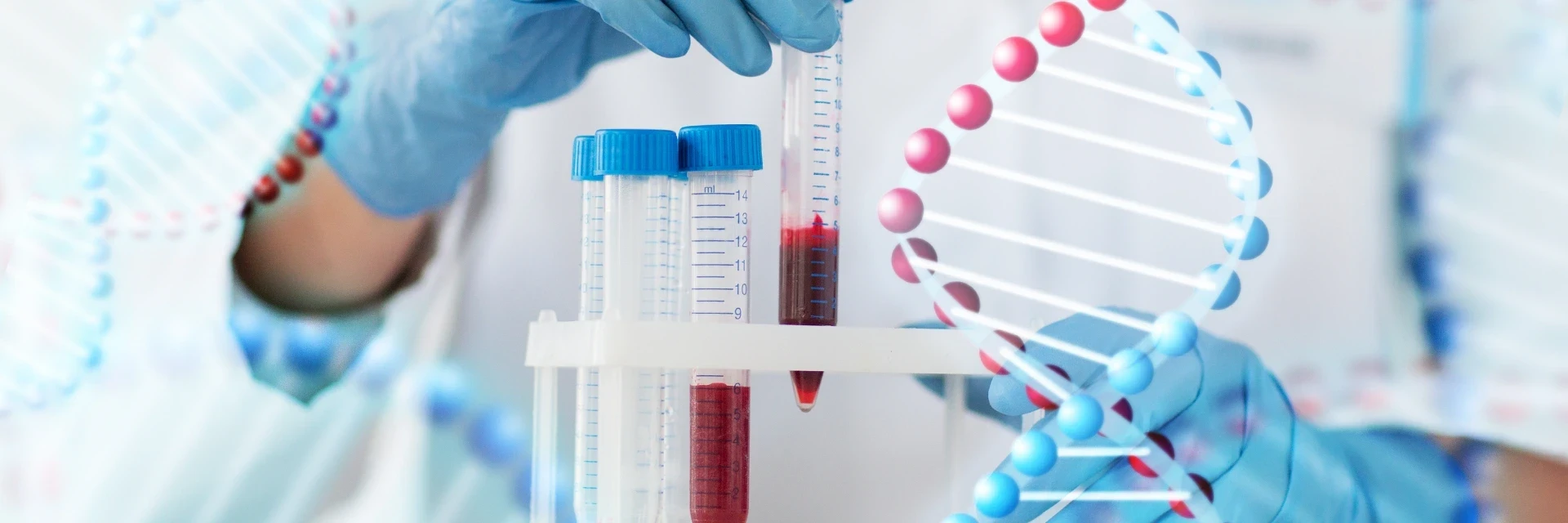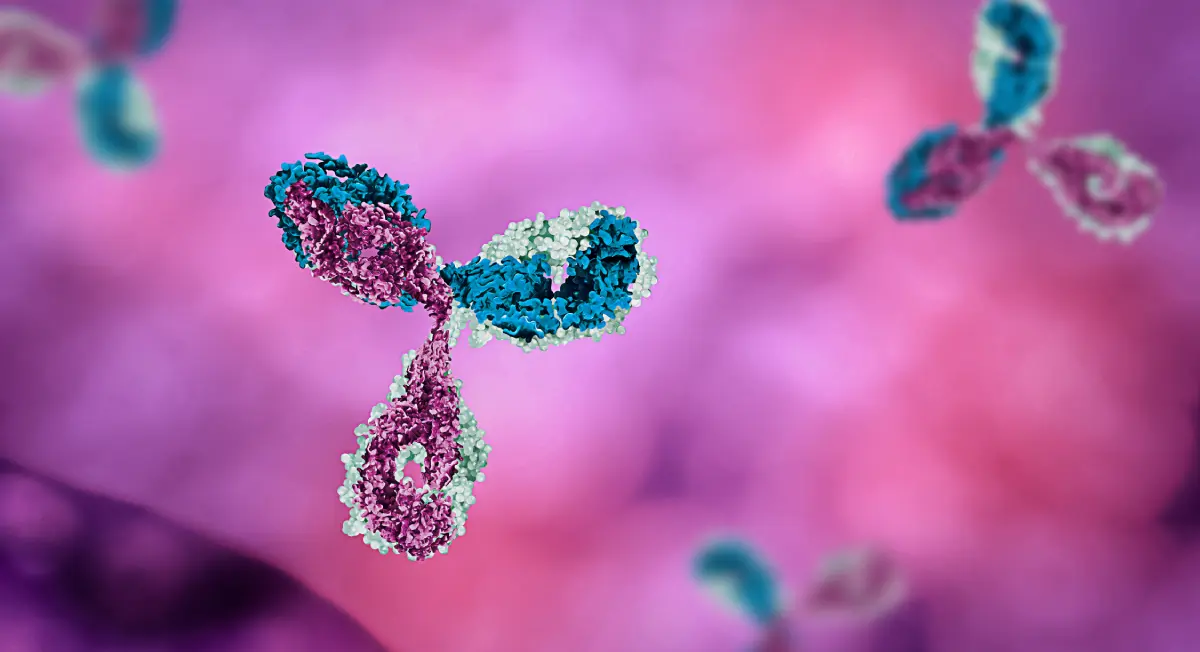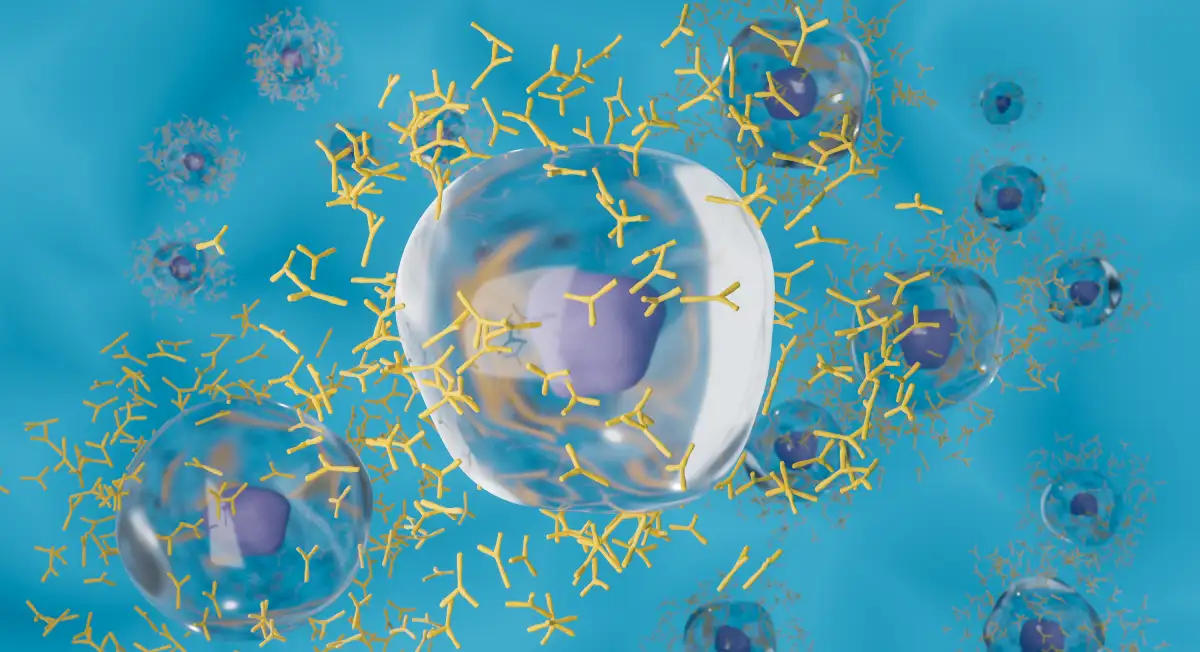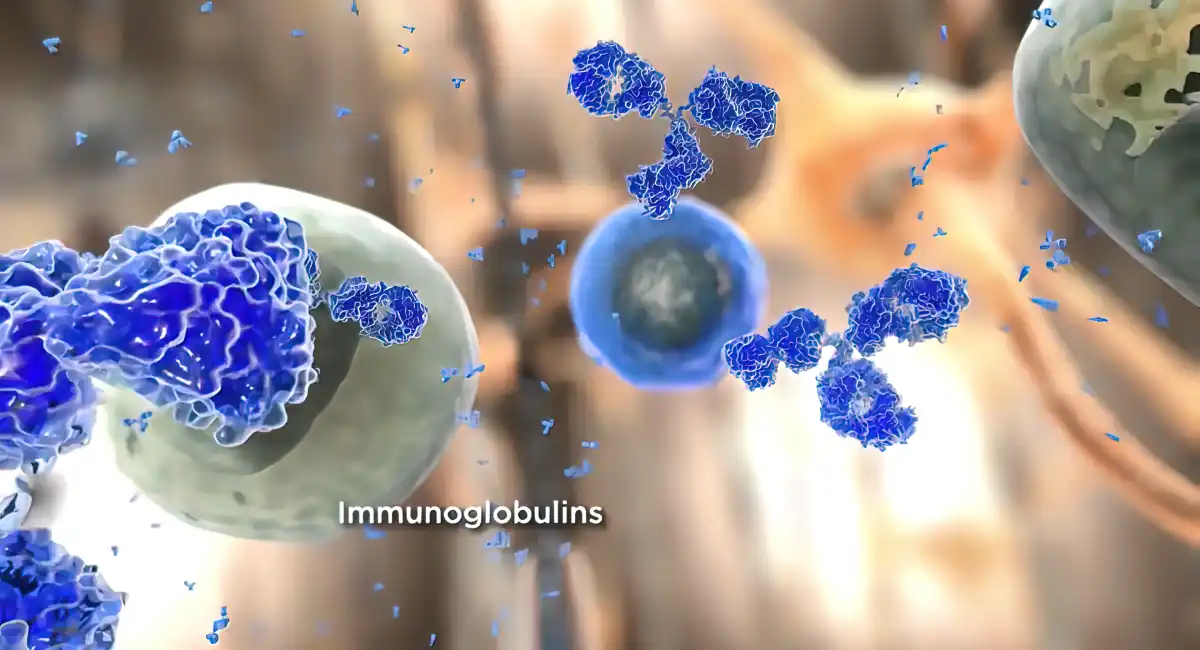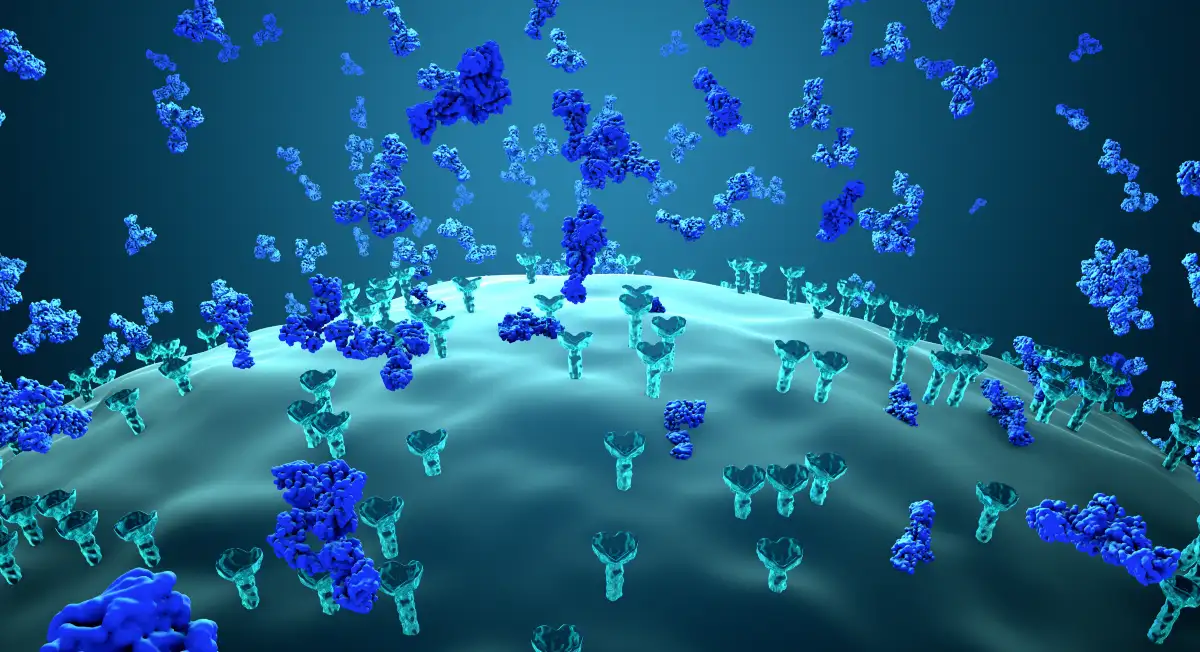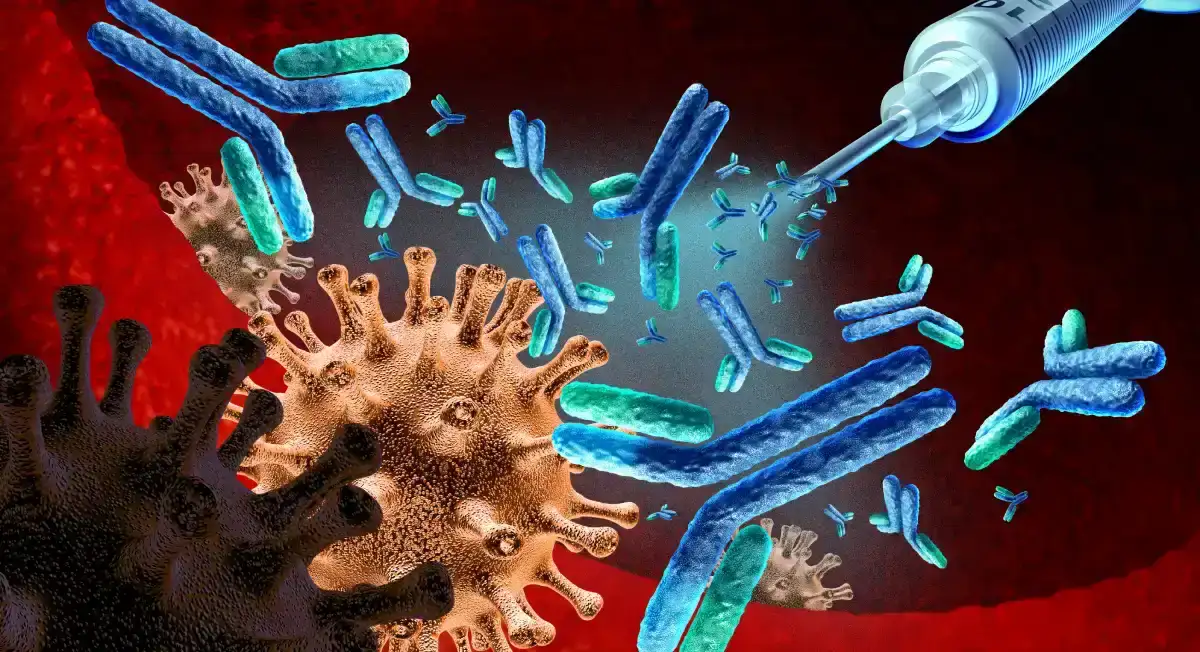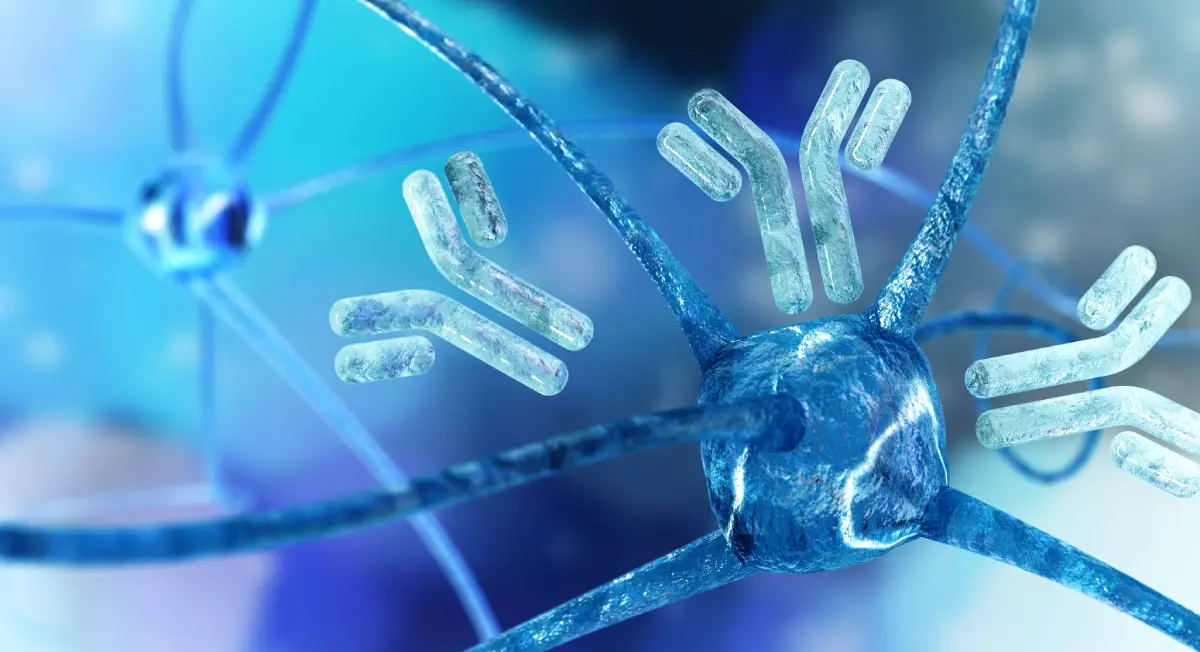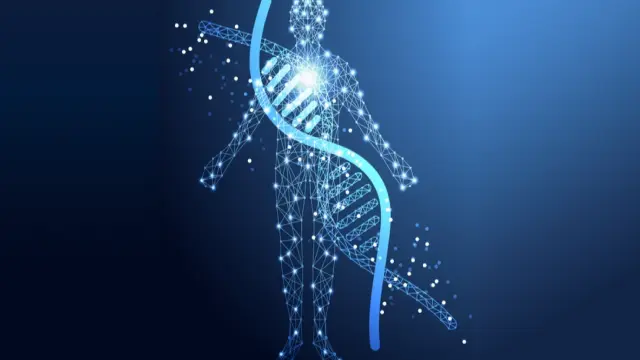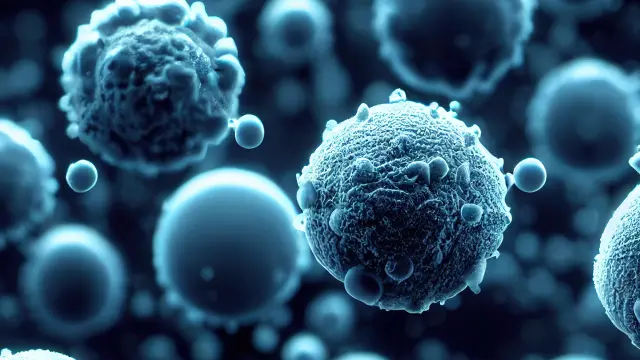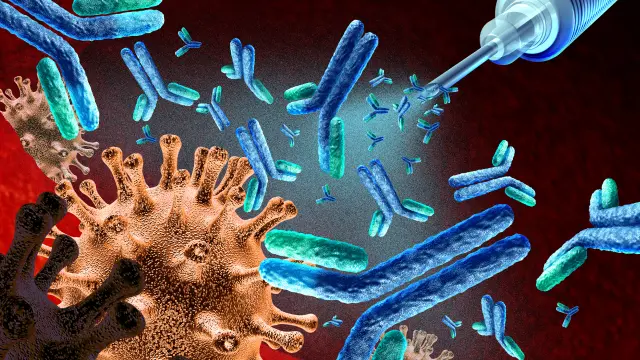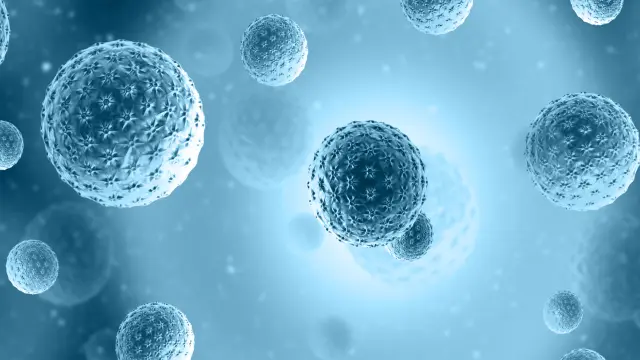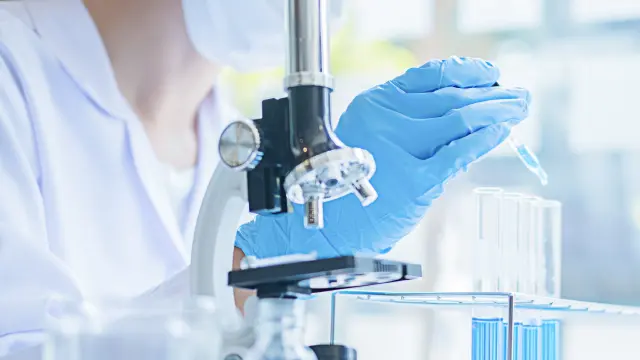The Different Types Of Cytokines
Cytokines are a diverse group of signaling molecules that play vital roles in regulating the immune system. Understanding the different types of cytokines is essential for comprehending how the immune response is arranged and maintained. The primary categories of cytokines include pro-inflammatory cytokines, anti-inflammatory cytokines, inflammatory cytokines, and chemokines.
Proinflammatory Cytokines
Proinflammatory cytokines are crucial for initiating and sustaining the inflammatory response to combat pathogens.
- IL-1 (Interleukin-1): Promotes fever and the production of acute-phase proteins, enhancing the inflammatory response.
- IL-12 (Interleukin-12): Activates natural killer (NK) cells and T lymphocytes, bridging innate and adaptive immunity.
- IL-18 (Interleukin-18): Enhances the production of interferon-gamma (IFN-γ) and supports Th1 responses.
- IFN-γ (Interferon-gamma): Activates macrophages and increases antigen presentation, essential for antiviral and antibacterial defenses.
- TNF-α (Tumor Necrosis Factor-alpha): Mediates systemic inflammation and is involved in the acute phase reaction.
Anti-inflammatory Cytokines
Anti-inflammatory cytokines help regulate and close the inflammatory response to prevent excessive tissue damage.
- IL-4 (Interleukin-4): Promotes the differentiation of naive T cells into Th2 cells, inhibiting proinflammatory cytokine production.
- IL-6 (Interleukin-6): Exhibits both pro- and anti-inflammatory properties; it assists in B cell maturation and antibody production.
- IL-10 (Interleukin-10): Suppresses the expression of proinflammatory cytokines, reducing inflammation and promoting healing.
- IL-11 (Interleukin-11): Involved in hematopoiesis and exhibits anti-inflammatory effects in various tissues.
- IL-13 (Interleukin-13): Regulates immune responses by affecting B cells and macrophages, contributing to antibody production and tissue repair.
Inflammatory Cytokines
Inflammatory cytokines encompass both proinflammatory and regulatory molecules that manage the intensity and duration of the inflammatory response.
- Role in Inflammation: These cytokines are involved in initiating inflammation and also in controlling its extent to ensure a balanced immune response.
- Sources: Primarily released by T helper cells and macrophages during immune activation.
Chemokines
Chemokines are specialized cytokines with chemotactic functions, guiding the migration of immune cells to sites of infection or injury.
- Interleukins: Facilitate communication between leukocytes, directing their movement and activity.
- Interferons: Protect against viral infections and modulate the immune response by attracting immune cells to affected areas.
- Tumor Necrosis Factors: Involved in systemic inflammation and can induce apoptosis in certain cell types.
- Growth Factors: Stimulate cell proliferation and differentiation, helping in tissue repair and regeneration.
Comparison: Chemokines vs. Cytokines
While both chemokines and cytokines are soluble proteins involved in cell signaling, cytokines represent a broad category that includes various types such as proinflammatory and anti-inflammatory cytokines. Chemokines, on the other hand, are a specific subset of cytokines primarily responsible for directing the migration of immune cells throughout the body. Structurally, chemokines possess conserved cysteine residues that form disulfide bonds, distinguishing them from other cytokines.
Cytokines And Their Functions
Having delved into what cytokines are and the different types of cytokines, let us investigate what cytokines do. Crucially, these signaling proteins aid in immune system modulation and intercellular communication. Cytokines comprise both proinflammatory and anti-inflammatory molecules. While proinflammatory cytokines upregulate inflammatory reactions in response to pathogenic attacks, anti-inflammatory cytokines attempt to control the inflammatory responses unleashed by the former type. For example, proinflammatory cytokines such as TNF-α act through receptors TNFR1 and TNFR2 to activate NF-κB mediated activation of inflammation and stress-activated protein kinases. Since receptors of TNF-α occur in both neurons and glia, increased TNF-α levels can lead to inflammation and neuropathic hyperalgesia. Similarly, the expression of IL-1β and IL-6 gets upregulated in the microglia and astrocytes in response to peripheral nerve injury.
Although the association of cytokines and inflammation is widely known, they are also involved in diverse biological processes such as cellular and tissue growth, development and differentiation, and cell migration. Let us get an insight into what cytokines provide to cell reproduction. Cytokines, including growth factors, can direct immune and non-immune cells to make more copies of it, a process known as cell proliferation. In addition, cytokines ensure the proper cessation of cells via apoptosis to prevent their unlimited proliferation. After replication, the cytokines can also direct the immature cells to mature or develop into a specific cell type.
Key Cytokines Explained
Interferons and interleukins are among the different types of cytokines known. Eukaryotic cells produce and release interferons in response to pathogens and foreign materials. Interferons bind to the cell surface receptors to exert their function. Interferons form the first line of defense against viral invasion by modulating the intracellular environment to prevent viral replication and notifying the adaptive immune response system about the attack. Interferons also help in diagnosing diseases. For example, the interferon-gamma release assay (IGRA), also known as the interferon-gamma assay, helps to detect Mycobacterium tuberculosis infection. Interferon-gamma release assay helps to detect latent TB infection and not active TB disease. Hence, a positive test result implies exposure to TB bacteria at any time.
On the other hand, interleukins are proteins that are mainly produced and secreted by white blood cells. There are different types of interleukins; the human genome encodes more than 50 interleukins. While some interleukins (such as IL-15 and IL-12) play a key role in inflammation and immune response against microbial invaders, others, e.g., IL-10 and IL-37, assist in immunosuppression, and IL-6 facilitates B cell maturation and production of antibodies.
Cytokine Storm: A Dangerous Overreaction
While cytokines are key elements of our immune system, uncontrolled production and release of cytokines into the blood in response to an immune reaction is a life-threatening condition termed cytokine storm or hypercytokinemia. Inflammation is a mechanism that helps to fight invading pathogens; however, a balance between proinflammatory cytokines and anti-inflammatory cytokines is crucial to avoid hyperinflammatory responses leading to a cytokine storm. A cytokine storm can have detrimental effects on health, leading to clinical complications such as acute respiratory distress syndrome, muti-organ failure, and even death in patients. Cytokine storm is observed frequently in diseases such as chimeric antigen receptor-T (CAR-T) cell therapy, anaphylaxis, and sepsis. It was also commonly observed in COVID-19 patients admitted to interventive care units. In such diseases, the host innate immune system can generate a massive inflammatory response by uncontrolled release of proinflammatory cytokines against the pathogen, thus overwhelming the host immune system.
Chemokines: A Specific Type Of Cytokine
Chemokines are a family of specific cytokines that are inflammatory mediators with chemotactic function. They mainly help in leukocyte trafficking, along with the migration of other cells, such as epithelial and endothelial cells. Chemokines attract leukocytes to the sites of inflammation, thus helping the body fight infections and other inflammatory conditions. Under homeostatic conditions, chemokines help in tissue repair and development.
A comparison of chemokines vs. cytokines reveals that while cytokines are a large and diverse group of proteins that include proinflammatory and anti-inflammatory factors, chemokines are a small and specific group of proteins within cytokines with niche function of cell trafficking. Thus, while cytokines and chemokines are soluble proteins secreted by cells, chemokines are a structurally specific subset of cytokines with a conserved motif of cysteine residues forming disulfide linkages within the protein structure.
Cytokine Panels And Their Importance
Cytokines are crucial components of the immune system, and a delicate balance between cytokine levels determines the outcome of the immune response launch against microbial invaders. Thus, cytokine levels are an important diagnostic parameter. The cytokine panel is a blood test that helps to determine the cytokine level in the body associated with inflammation. As seen previously, a very high level of cytokine circulating in the blood may indicate a heightened immune reaction, such as those found in cytokine storms, thus requiring immediate medical attention.
Cytokines are involved in autoinflammation and autoimmune diseases. Genome sequencing is a definite test for such diseases; however, since it is costly and time-consuming, it is difficult to conduct such tests for all patients. Hence, a cytokine panel is a reasonable and cost-effective test for evaluating cytokines in plasma, and post-activation of leukocytes can be an alternative means of diagnosing such diseases.
Cytokines in Disease and Therapy
Cytokines play a pivotal role in immune cell growth, differentiation, and maturation. As we already know, some cytokines can induce immune response and inflammation, while others have immunosuppressive functions; a balance needs to be maintained. Thus, dysregulation of cytokine production or action can have severe consequences, such as developing autoimmunity and autoimmune diseases. Experimental models of human autoimmune diseases have revealed the contribution of proinflammatory cytokines to the pathogenesis of autoimmune diseases, whereas anti-inflammatory cytokines are involved in pathways of regression of inflammation and recovery from acute phases of such diseases. The presence of cytokines has also been detected in autoimmune lesions, reflecting their role in the inflammatory and autoimmunity processes. Thus, over the past decade, cytokines such as the IL-23/IL-17 axis, which has a prominent role in the development of chronic inflammation, have been a promising therapeutic target for autoimmune diseases.
Technical innovations have advanced our understanding of cytokine biology and provided newer insights into pathways involving cytokines. Since cytokines are known to play a key role in host immunity, they are promising therapeutic candidates for immune-related diseases. Anti-cytokine therapy is one such treatment that relies on TNF inhibitors for treating inflammatory diseases. For example, Etanercept, Infliximab, and Adalimumab are some TNF inhibitors clinically approved for treating rheumatoid arthritis. Anakinra, an IL-1 receptor antagonist, is also approved for treating rheumatoid arthritis. IL-6 inhibitors such as tocilizumab also display high efficacy in treating juvenile arthritis. Despite these successes, therapeutic targeting of cytokines is challenging. These include short blood half-lives, making their targeting difficult, the possibility of severe side effects due to immunogenicity, and the high cost of drugs.
Since cytokines are crucial components of the innate and adaptive immune system, cytokine drugs can boost the immune system of cancer patients and help them fight the disease. Hence, cytokine therapy has evolved as a crucial cancer therapy modality and remains a key focus of anti-cancer research. Some of the cytokines targeted for cancer therapy development include IL-2, IL-7, and IL-15, which trigger the production of immunity aiming to eliminate cancer cells. In addition, interferon-alpha (IFNα) has received approval as an adjuvant cancer therapy in patients with completely resected high-risk melanoma and for different refractory malignancies. Similarly, high-dose of IL-2 has also been approved as a cancer therapy for patients with metastatic renal cell and melanoma. Granulocyte-macrophage colony-stimulating factor (GM-CSF), IFN gamma (IFNγ), IL-12, and IL-21 are some of the cytokines that are currently being assessed clinically for their potential as anti-cancer therapeutics.
Conclusion
Cytokines are small signaling proteins that regulate inflammation, immunity, cell growth, differentiation, proliferation, and maturity. They act as intercellular messengers in the immune system to ensure the launch of a coherent immune response against pathogens. There are different types of cytokines, such as chemokines, interferons, interleukins, tumor necrosis factors, growth factors, etc., each with distinct functions. Cytokines can act synergistically and antagonistically, and a balance between their production and action is a key determinant of health and disease. Any dysregulation in these processes can trigger the initiation and progression of autoimmune disorders, chronic inflammation, and other diseases.
As technological advancement continues, our understanding of cytokine biology continues to deepen. It has revealed the immense prospects of cytokines as immunomodulatory agents and therapeutic candidates. This has fostered greater research activities in this area. Several cytokines have become the subjects of cytokine and anti-cytokine therapies currently being evaluated in clinical trials. However, these therapies are not without challenges. Future research strategies should aim to enhance the efficacy of these therapeutic regimens and minimize their safety risks. Furthermore, since cytokines are useful diagnostic and prognostic biomarkers, cytokine assay development with high specificity can be a game changer in medical research.






